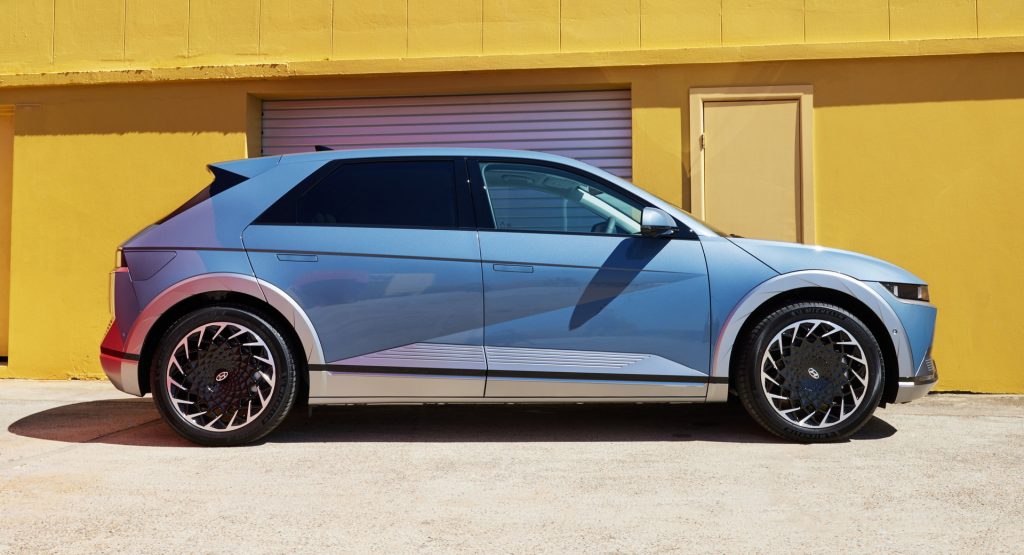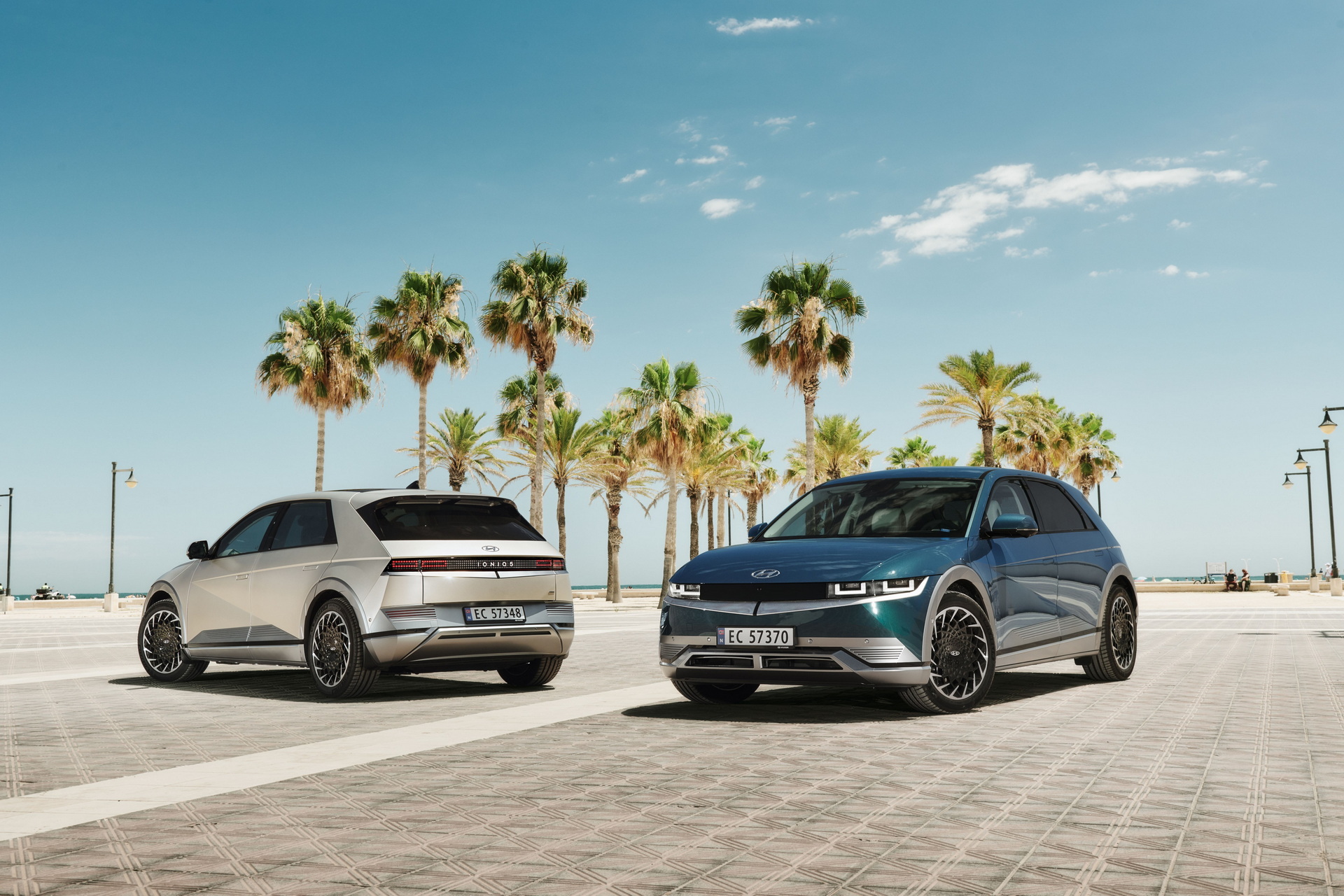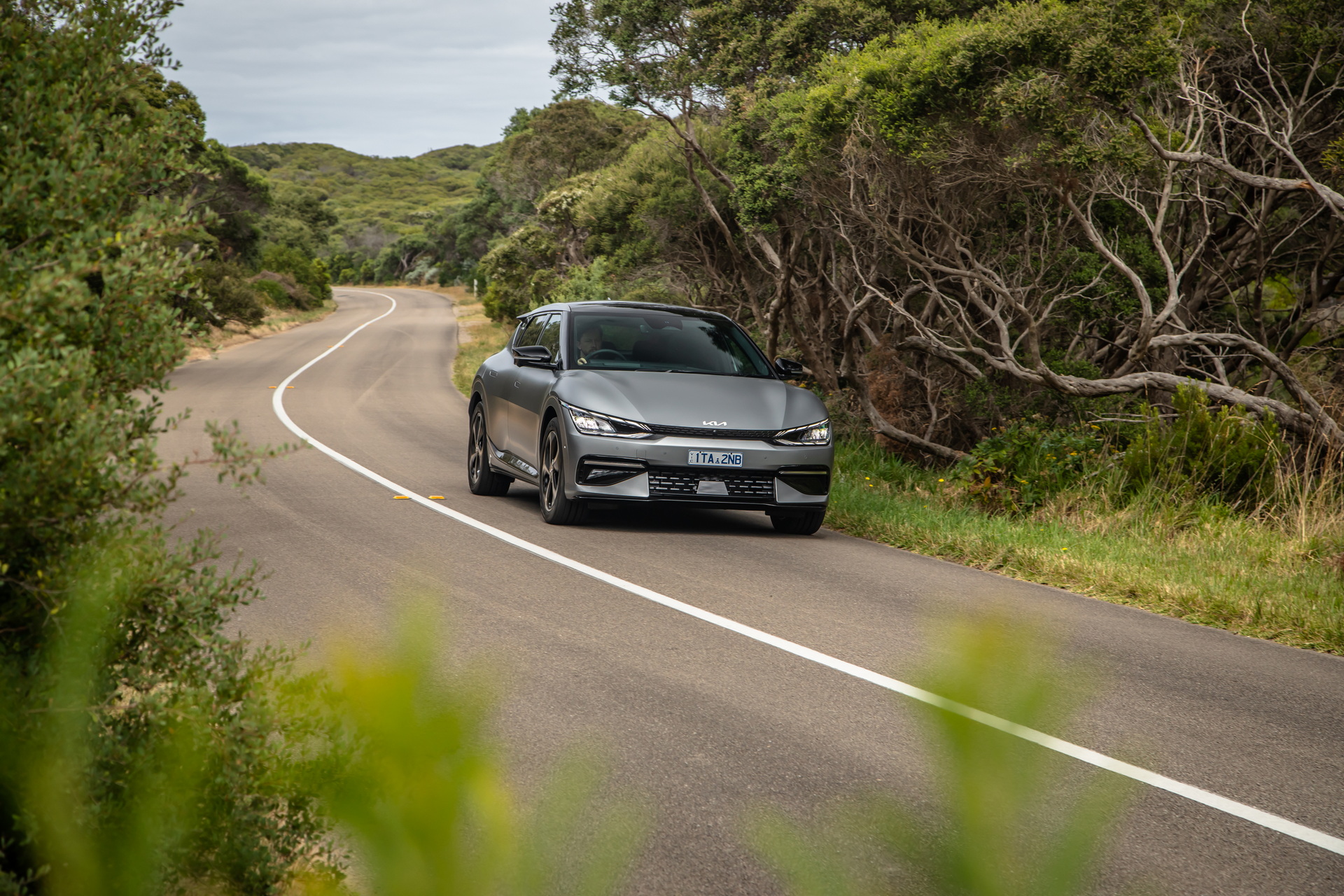When Hyundai set a date for Australian customers to order its new Ioniq 5, there were only 109 available for the whole country, they all sold out in less than seven minutes, and more than 18,000 people had registered their interest in the vehicle, reports The Guardian.
The experience Hyundai customers had with the Ioniq 5 is by no means unusual, industry leaders say. Demand for EVs in Australia far outstrips supply, and the issue stems from automakers not prioritizing the Australian market because of a lack of government action.
“Our biggest issue now is actually attracting supply of electric vehicles, not getting Australians interested in buying them,” Behyad Jafari, the chief executive of the Electric Vehicle Council, told the Guardian.
Read Also: 2022 Kia EV6 Arrives In Australia Starting From AU$67,990
Australia lacks the environmental policies and the emissions reductions requirements that have pushed automakers to sell their vehicles in certain markets. With places like the U.K. and South Korea banning the sale of new internal combustion engine vehicles by 2030 and 2025 respectively, they are simply a bigger priority.
The Australian government has announced funding for new EV charging stations in private homes, businesses, and public places, but it remains the only OECD country not to have fuel efficiency standards for CO2. It also hasn’t adopted the Euro 6 noxious emissions standards that apply to vehicles sold in the European Union.
“Australia is not in the race,” said Jafari. “Our partners in the US and Europe and right around the world have a much easier time because there’s a requirement for them to get enough electric vehicles into their markets.”
Although many automakers are struggling with supply chain issues, Bill Thomas, Hyundai Australia’s general manager of corporate affairs, said that the shortage there is mainly down to a lack of incentives to sell the vehicles. That has led to a situation where customers must wait six to nine months for a Tesla and around 20,000 people had to compete for the 500 Kia EV6s that were allocated to the market when it launched. And without government leadership, that’s a situation that experts fear will get worse.
“Every year that we go on with Australians buying petrol vehicles, they’re at risk of buying a new vehicle that in four or five years’ time will be worthless… no one will want to buy it because it’s redundant technology,” said Jafari. “There essentially needs to be a warning that people are buying landlines when the world is moving towards mobile phones.”






